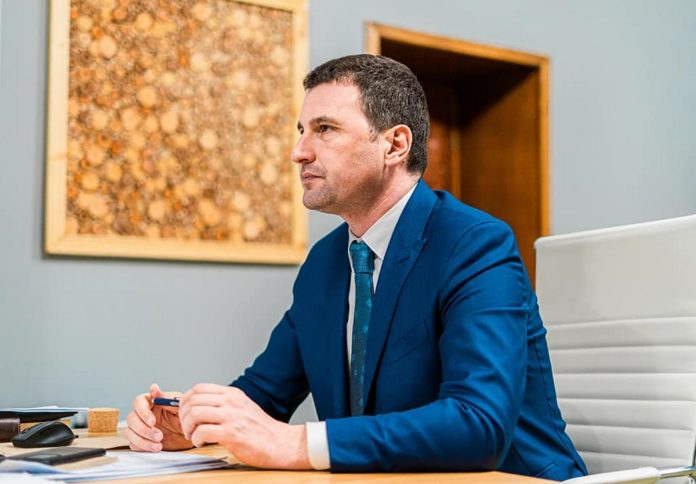The organisational culture is the one that must change everywhere in Romania, both in companies, but first of all in public administration, beyond reaching the standards required by the accession process to the Organisation for Economic Co-operation and Development (OECD), Romania’s Deputy Prime Minister and Finance Minister Tanczos Barna told a conference on Wednesday on Romania and the OECD as the main country project after NATO, EU and Schengen hosted by the Presidential Administration.
„Having standards is not enough, we must have standards that we respect. (…) This transformation process is a difficult one for everyone and, certainly, the other OECD countries have not succeeded from day one; the process did not end with the formal acknowledgement of the standards and requirements having been met. The same is true for Romania, its road is a relatively long one, because organisational culture is the one that must change everywhere in this country. In companies, but perhaps, first of all, in the public administration,” said Tanczos.
He pointed out that the change in organisational culture must lead to a partnership based on mutual respect between the state and the private sector, between the state and the citizen.
„To us, beyond these formal issues, beyond these things to be checked, to be fulfilled, files to be closed, beyond that, to us, from my point of view, the most important change is changing the organisational culture in the tax system, in the Ministry of Finance, in ANAF, in the bodies subordinated to the ministry. Why I say this: because, whether we are talking about the OECD or simply talking about an essential change in this country, we must reach that partnership between the state and the private sector, between the state and the citizen about which we have spoken a lot. A partnership is based, first and foremost, on mutual respect.”
Such respect must, he added, also emerge from the way differences are handled, not necessarily those in court, the way the state imposes itself through the law enforcement bodies.
„These checks and the organisational culture in the control bodies must change profoundly in order to reach that mutual respect. Yes, they have to show firmness, they have to show strength, very often, because fair competition means that every participant in this game, in this competitive environment, follows the same rules. And when someone doesn’t follow the rules, we need a referee. (…) By an arbiter of the state institution, who stops the one who tries to evade the law, who does not pay taxes, who creates a competitive advantage from this behaviour, but where things are fine, maybe differences of opinion, interpretation, approach, there are things, even if they have to be solved very quickly, there must also be this respect,” said Tanczos.
AGERPRES




